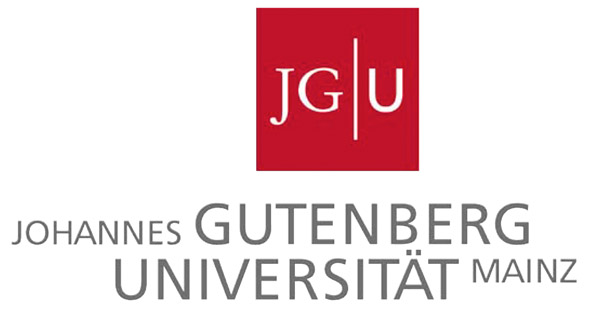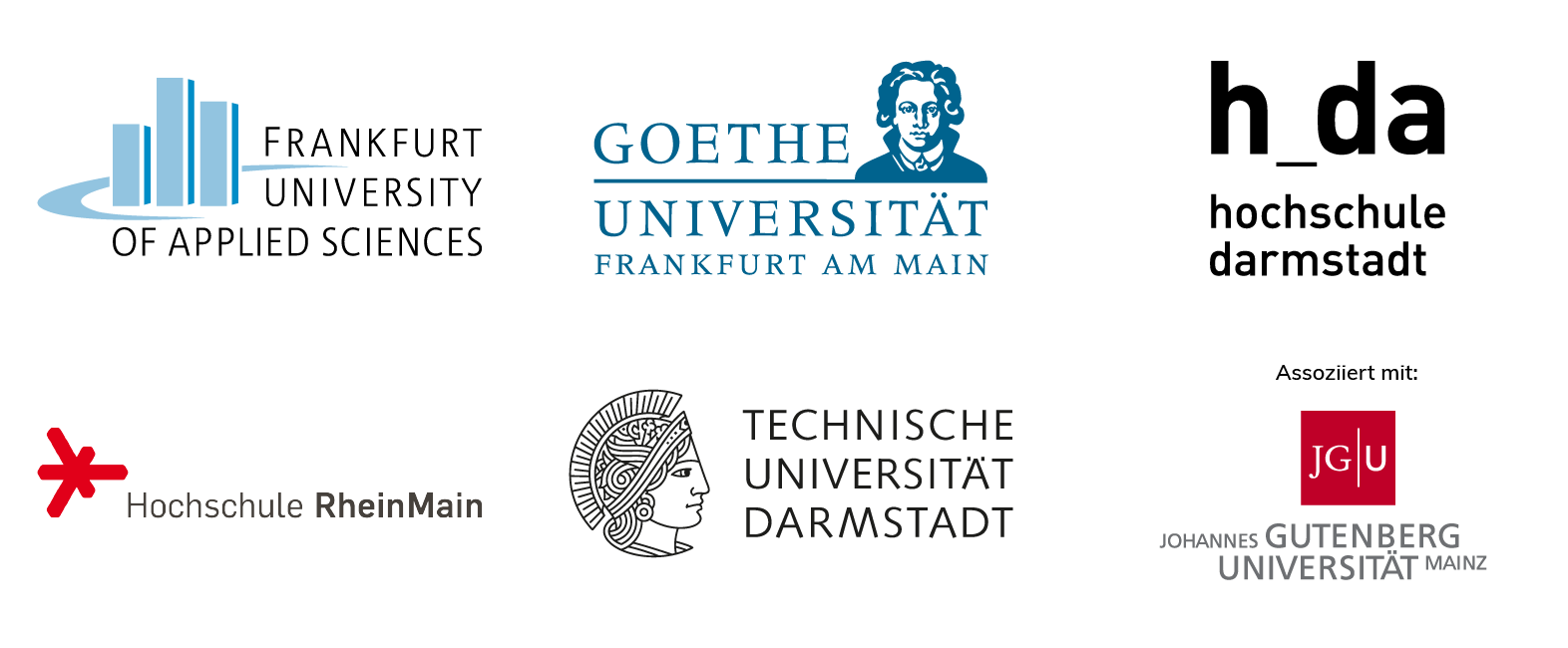Johannes Gutenberg University Mainz
With around 31,000 students from 120 nations, Johannes Gutenberg University Mainz (JGU) is one of the largest and most diverse universities in Germany. With its university medicine, its colleges of art and music, and its its Department of Translation, Linguistics and Cultural Studies in Germersheim, it unites almost all academic disciplines. In its more than 100 institutes and clinics, around 4,500 scientists teach and conduct research, including 570 professors. including 570 professors. With 76 subjects and numerous subject combinations, it offers 289 degree programs.
JGU is the only German university of its size to house almost all of its institutes on a campus close to the city center, which is also home to five partner institutes for cutting-edge non-university research: the Max Planck Institute for Chemistry (MPI-C), the Max Planck Institute for Polymer Research (MPI-P), the Helmholtz Institute Mainz (HIM), the Institute for Biotechnology and Drug Research (IBWF) and the Institute for Molecular Biology (IMB). As a research university JGU enjoys worldwide recognition. Its top areas of research are particle and hadron physics, materials sciences and translational medicine. include American Studies and Historical Cultural Studies. JGU's scientific performance is illustrated, among other things, by its success in the Excellence Strategy competition of the German federal and state governments: in In 2018, the research network PRISMA+ (Precision Physics, Fundamental Interactions and Structure of Matter) was awarded the title of Cluster of Excellence.
JGU is a partner at Matching Week and an associated partner of International Career Service Rhein-Main.

Career Service
The Career Service of JGU supports students in their career orientation and in the transition from study to work. To this end, it offers a wide range of advisory services and events, such as practical career workshops, job application training, fairs, talks, and much more.


